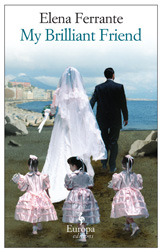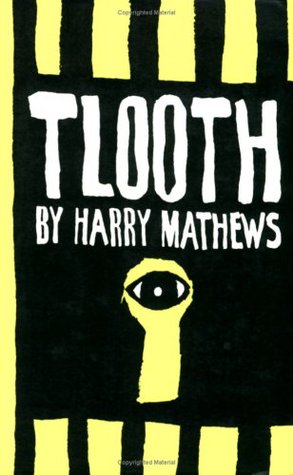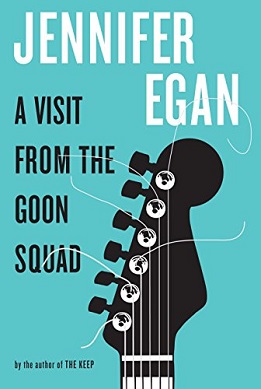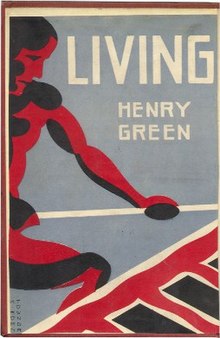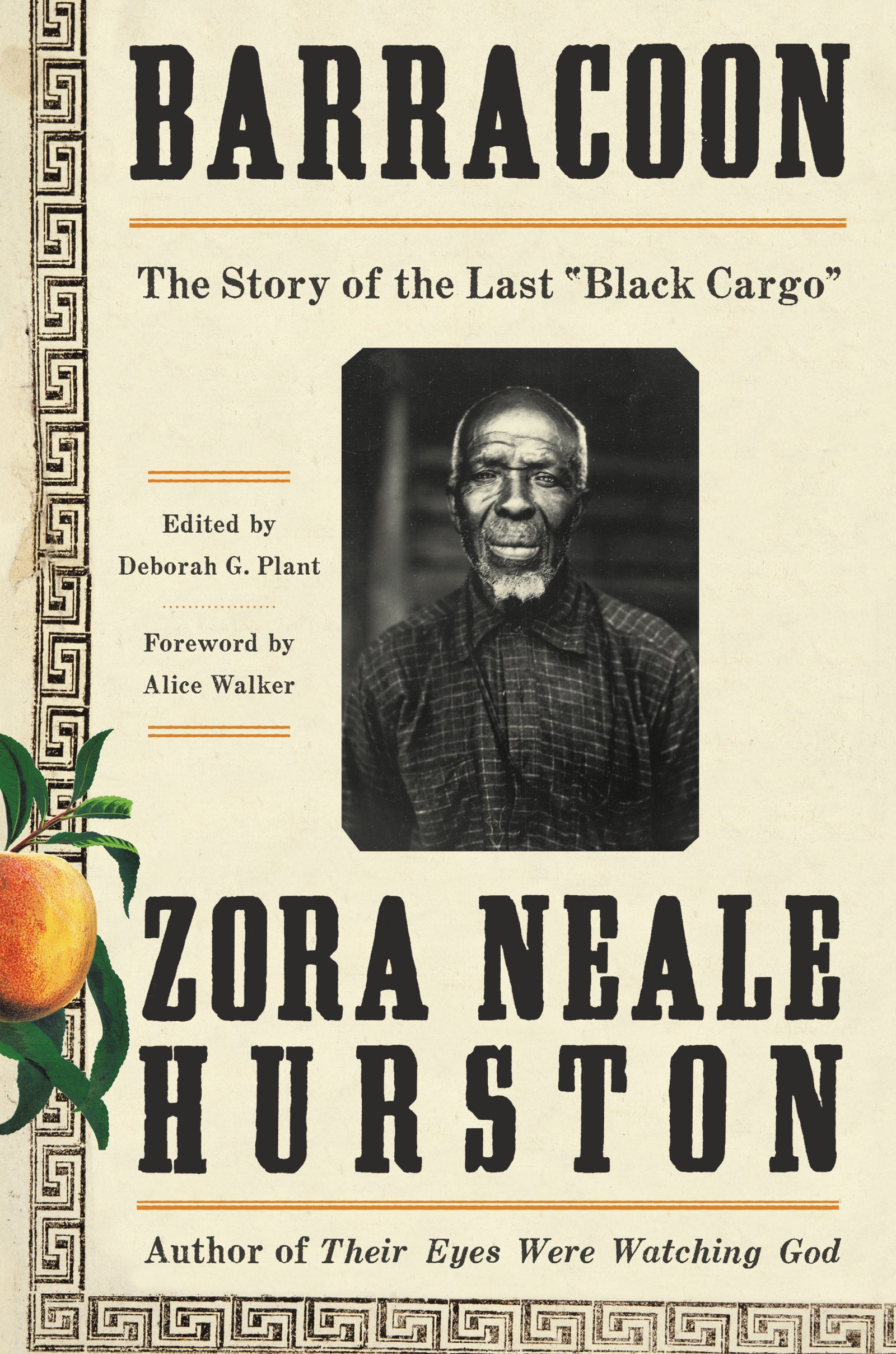The most surprising and satisfying moment in My Brilliant Friend, the first of Elena Ferrante's critically lauded "Neapolitan" novels, is when Lina Cerullo, the shoemaker's daughter, calls the narrator, Elena Greco, "my brilliant friend." It surprises because over the course of the novel, you assume that the "brilliant friend" of the title is not Elena but Lina: darkly beautiful, preternaturally confident, sharply intelligent, exceptional, detached, frightening. It's Lina who, as a child, forces Elena to face her greatest fears by dropping her doll down a sewer grate, or making her walk up to the apartment of the terrifying mafioso who runs their working-class Naples neighborhood:
Not too long before--ten days, a month, who can say, we knew nothing about time, in those days--she had treacherously taken my doll and thrown her down into a cellar. Now we were climbing toward fear; then we had felt obliged to descend, quickly, into the unknown. Up or down, it seemed to us that we were always going toward something terrible that had existed before us yet had always going down toward something terrible that had existed before us yet had always been waiting for us, just for us.
When Lina proves to be the most intelligent student in the school, it's Elena's admiration for her that forces her to push herself in her studies. Eventually, Lina leaves school to work in her father's cobbler's shop, but Elena stays on. All of her success is, in a vague but meaningful way, attributable to Lina, either borrowed from her or achieved in competition with her, or perhaps both. Ferrante manages to take a very basic idea--jealousy toward an exceptional friend, and the way that it can be mixed with admiration and love--and build from it a detailed and convincing life. Elena's complex feelings toward Lina strike both positive and sour notes. It's clear that Lina drives Elena to be exceptional herself, but there is something tragic about Elena's obsessive comparison with her friend, and with others: she can't even bring herself to believe in the Trinity because she can't conceive that the three aspects of God wouldn't be hierarchically ordered. It's an obsession that manifests itself in the repeated, desperate accounting of how Elena compares to the other students in her school, and even well after Lina leaves school, it's Lina she's always comparing herself to.
Lina's exceptionalism drives Elena to imagine a world outside the poor Naples neighborhood in which they were born. But Lina, while exceptional, is unable to propel herself out of the orbit of the neighborhood. It's Lina who is drawn into the petty squabbles of local boys, and attracts the interest of the tinpot tyrants who basically run the community. The reversal of fortunes happens slowly but convincingly, so that when Lina calls Elena her "brilliant friend," it alerts you, for the first time, that it is Elena who has been able to resist the punishing effects of poverty.
Ferrante's novels--my understanding is that they really are a single novel split into four parts--are very much the "it" books of the moment. I usually react negatively to stuff like that, because I am a snob, and descriptions of the series didn't make them seem appealing. But there's a darker streak running through these novels that I didn't expect and that I love: a streak of poverty, and death, and intergenerational hatred, all of which is somehow incarnated in the figure of Lina. In many ways, too, reading My Brilliant Friend reproduces the feeling of sinking your teeth into a big fat Russian novel with a bunch of characters, or George Eliot at her best. The accolades are, in this case, well-deserved.

